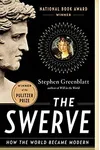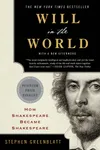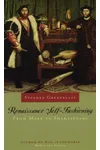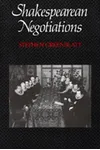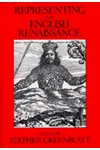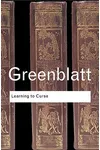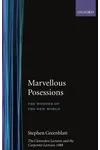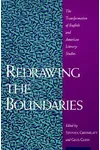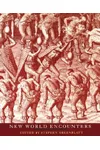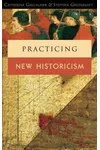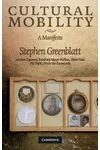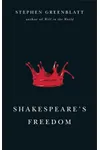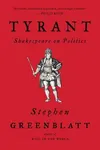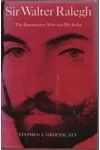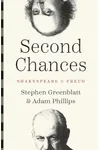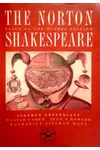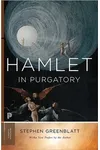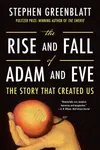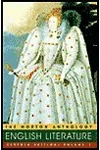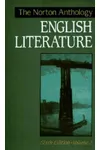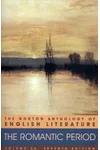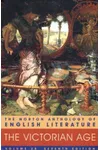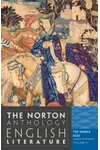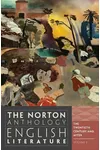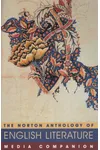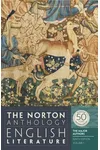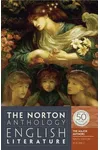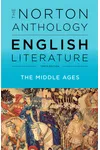Picture a scholar who turned dusty Renaissance texts into page-turning stories—meet Stephen Greenblatt! Born in 1943, this American literary critic and Harvard professor revolutionized how we understand Shakespeare and the Renaissance with his 'new historicism' approach. With bestselling books like Will in the World, Greenblatt makes the past feel thrillingly alive, blending academic rigor with a storyteller’s flair.
The Making of Stephen Greenblatt
Stephen Greenblatt grew up in Boston, Massachusetts, in a Jewish family with a love for learning. His curiosity for literature bloomed at Yale, where he earned his bachelor’s degree, before diving deeper at Cambridge and Yale for graduate studies. Inspired by thinkers like Michel Foucault, Greenblatt began to see literature as a window into the cultural and political currents of its time. This perspective shaped his groundbreaking career, starting with his early work at UC Berkeley, where he co-founded the journal Representations.
Stephen Greenblatt’s Unforgettable Works
Greenblatt’s books are like time machines, whisking readers to the vibrant world of the Renaissance. His 2004 bestseller, Will in the World: How Shakespeare Became Shakespeare, imagines the Bard’s life with vivid detail, blending historical context with literary insight. It was a finalist for the Pulitzer Prize and a hit with both scholars and casual readers. Another gem, The Swerve: How the World Became Modern (2011), traces how a rediscovered ancient text sparked the Renaissance, earning Greenblatt the Pulitzer Prize and National Book Award. His style—rich, accessible, and packed with cultural connections—makes complex ideas feel like gripping stories. As a general editor of The Norton Shakespeare, he’s also shaped how millions encounter the Bard’s plays.
Greenblatt’s 'new historicism' approach is his signature. He reads texts alongside historical events, power struggles, and everyday life, showing how literature and culture shape each other. Whether exploring Shakespeare’s England or the rediscovery of Lucretius, his work reveals the messy, fascinating human stories behind the art.
Why Stephen Greenblatt Matters
Stephen Greenblatt’s impact on literary studies is seismic. His new historicism redefined how scholars approach texts, inspiring generations to see literature as a living, cultural artifact. Beyond academia, his books have brought Shakespeare and the Renaissance to mainstream readers, proving that dusty tomes can spark modern fascination. Awards like the Pulitzer, National Book Award, and Holberg Prize underscore his influence, but his real legacy is making the past feel urgent and relevant.
About Stephen Greenblatt
- Born: November 7, 1943, in Boston, Massachusetts
- Key Works: Will in the World, The Swerve, The Norton Shakespeare
- Awards: Pulitzer Prize, National Book Award, Holberg Prize
- Fun Fact: He’s a Harvard professor who’s taught for decades!
Ready to time-travel with Stephen Greenblatt? Grab Will in the World and dive into his vibrant take on Shakespeare’s life!
